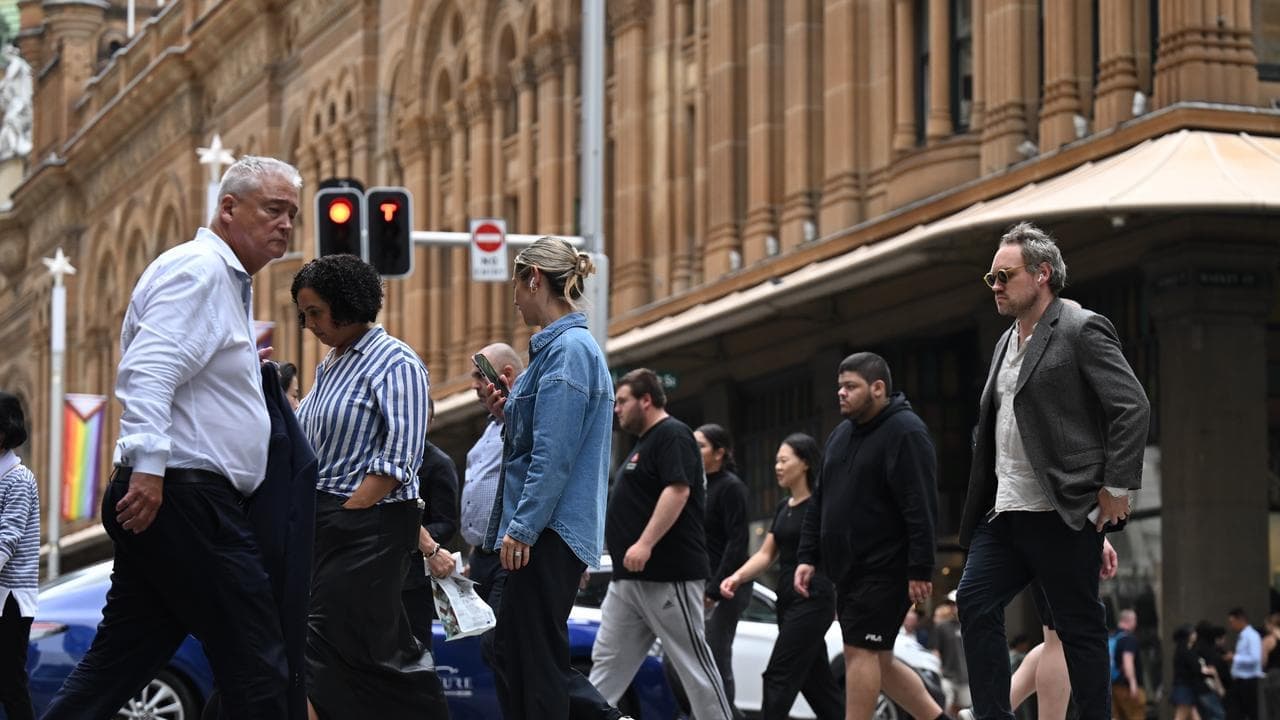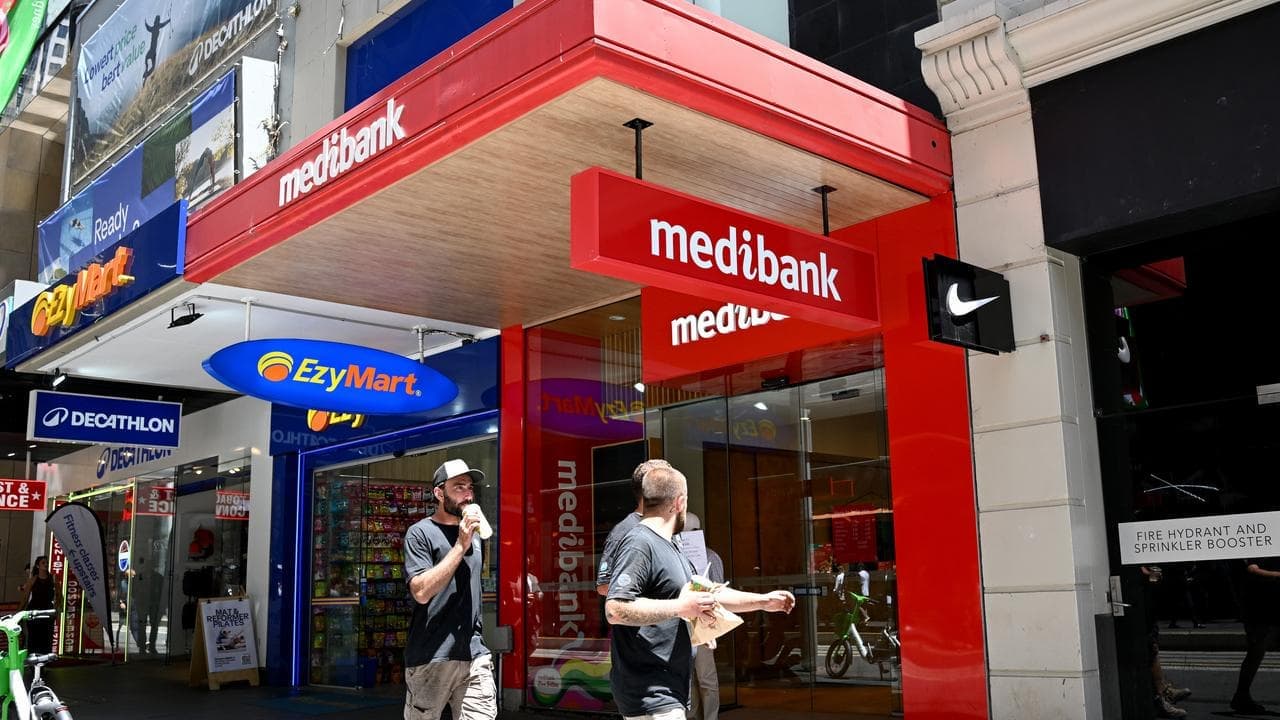WHAT WAS CLAIMED
Rubbing hydrogen peroxide on your skin can cure cancer.
OUR VERDICT
False. Rubbing hydrogen peroxide on skin has no role in cancer treatment, and can be actively harmful.
AAP FACTCHECK - Rubbing hydrogen peroxide on your skin, drinking alkaline water or taking "vitamin B17" can supposedly cure cancer, according to social media posts.
This is false. Experts told AAP FactCheck there's no evidence that those remedies are effective against cancer, and some of them could be harmful.
The claims appear in multiple Facebook posts featuring an identical text reading: "For anyone dealing with cancer(s)... Here are a few helpful tips:"

The post claims patients should rub hydrogen peroxide on the skin, stating: "The skin absorbs the HP [hydrogen peroxide], and kills the CA [cancer] cells almost immediately."
Hydrogen peroxide is a bleach ingredient, an antiseptic, a component of rocket fuels, and known to lighten hair colour.
Professor Ian Olver AM, cancer researcher and former Cancer Council chief executive, says rubbing hydrogen peroxide on the skin will not cure cancer.
"For starters it is very poorly absorbed so it will struggle to reach the bloodstream. Attempts to increase the dose will make it corrosive to the skin," Prof Olver told AAP FactCheck.
"Trying to take it by mouth can result in internal burns to the throat with vomiting and stomach upset and prolonged dosing has been associated with stroke and even death."
There's ongoing research on the role hydrogen peroxide may play in cancer treatment, for example, whether it may make tumours more susceptible to radiotherapy or if it helps reduce the size of non-melanoma skin cancers before surgery.

However, this research does not involve patients rubbing hydrogen peroxide wantonly over their bodies.
The claim that rubbing hydrogen peroxide on your skin can cure cancer has been debunked by AFP Fact Check, Full Fact, The Associated Press, Reuters and USA Today.
The posts suggest other supposed cures for cancer, such as "alkaline water".
The human body regulates its pH level, how acidic or alkaline it is, and Prof Olver says people can't make large changes to that by drinking alkaline drinks.
The Australian Cancer Council's website states that "there is no good evidence that ['alkaline diets'] can be used to prevent or treat diseases such as cancer".
Adrian Harris, Emeritus Professor of Medical Oncology at Oxford University, says the posts are "absolute crap" and there's no clinical evidence that any of the suggested remedies are effective.
The last "cure" mentioned in the posts is vitamin B17, which Prof Harris says isn't a vitamin but a "drug derived from plant substances".

"No human studies suggest any benefit of vitamin B17 as a cancer treatment" he told AAP FactCheck.
"It can cause cyanide poisoning, especially if a person takes it orally in tablet form".
"Cyanide poisoning can lead to mild-to-severe side effects and could even be fatal."
Prof Olver says cyanide in vitamin B17 kills cells, regardless of whether they're cancerous, so it should be treated with immense caution and not used in place of conventional treatment.
The posts also claim people should not let doctors test their tumour because "once it's punctured for 'testing', the cells travel and the beasties cause more issues".
Both experts say that's dangerous misinformation, emphasising that cancer survival rates have increased over time because of wider testing and diagnoses.
Prof Olver says the posts perpetuate conspiracy theories against "Big Pharma" without evidence, and may push people away from effective, scientifically proven treatments such as chemotherapy.
The Verdict
The claim that rubbing hydrogen peroxide on the skin can cure cancer is false.
Experts told AAP FactCheck there is no clinical evidence to support this claim, and trying it could be harmful.
They also said any posts containing alternative cancer treatments should be considered with extreme scepticism.
False – The claim is inaccurate.
AAP FactCheck is an accredited member of the International Fact-Checking Network. To keep up with our latest fact checks, follow us on Facebook, Twitter and Instagram.












